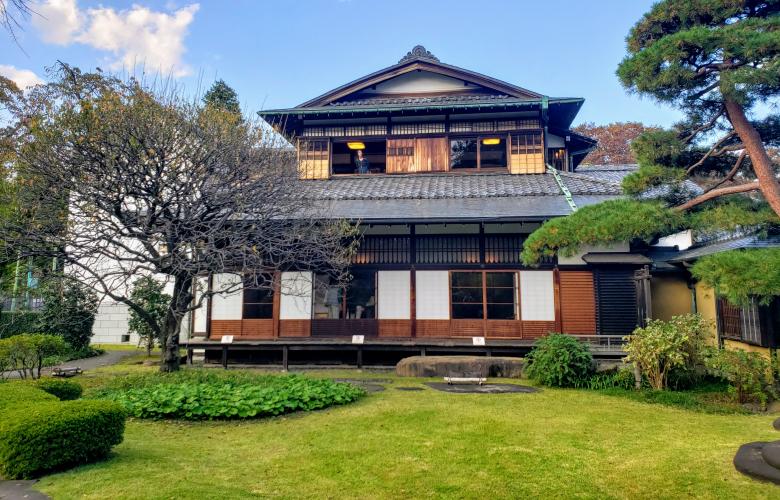Potential fraud being investigated by Japanese government
Earlier this month, the The Ministry of Land, Infrastructure, Transport and Tourism (MLIT) of Japan announced an investigation into the potential fraudulent use of Flat 35 loans. A Flat 35 loan, which is securitized by the Japan Housing Finance Agency (JHF), a government affiliate, is a widely distributed mortgage type to help more people afford homes by offering a low-interest fixed rate over a 35-year term. The loan's conditions are favourable over the commercial loans available on the market and its only purpose is for acquiring properties as a home. Keiichi Ishii, Minister of Land, Infrastructure, Transport and Tourism, announced at a May 7, 2019 press conference that borrowers who are found to have abused Flat 35 loans would be required to repay the loan in a lump sum. He further urged the JHF to investigate with its partner banks and come up with preventative measures.
Aruhi Corporation found to have been issuing fraudulent loans
In a May 15 update on the situation, The Nikkei newspaper reported that investigations so far resulted in uncovering about 100 fraudulent transactions. They have all been found to be issued by Aruhi Corporation, the market leader in Flat 35 loans. The company released a statement after a May 7 press conference expressing that it is has not engaged in any illegal activity regarding Flat 35. However, Aruhi also added that it is supporting the JHF in its investigation to confirm whether they might have unintentionally approved loans for borrowers that intended to use them for investment purposes — which led to a significant drop of their stocks listed on The Nikkei, by about a quarter of its value. The company further announced it will tighten the screening process to prevent future fraud.
After the result of the investigation, Aruhi released another statement saying that the amount of illegal loans so far makes up only 0.1% of their total turnover of tens of thousands of transactions — thereby likely trying to reject accusations that the loans were knowingly given out . While the investigation will continue, so far more than 680,000 Flat 35 loans were issued, making it a difficult task to check on every property to ensure it is owner-occupied.
JHF further added in the update that it is legal for a homeowner to rent out their residence if they were transferred to another city or country by their employer.
Again, fraud revolves around loans
This is not the first loans-centred real estate scandal in recent years either. The real estate market in Tokyo has been heating up since the early 2010s and only recently leveled off. However, interest from both domestic and international investors in unwavering. In 2018, the Suruga Bank scandal involved overvaluing properties — and consequently loans issued. Shortly after, similar cases at other financial institutions came to light.
What is a Flat 35 loan?
Flat 35 loans are government-backed mortgages with low, fixed interest rates for up to 35 years. In Japan, conventional mortgages typically offer only fixed interest rates for 10 years, after which they become variable. In April 2019, the rate for a Flat 35 loan was between 1.290% and 1.960%. Flat 35 further allows financing of up to 100%, but usually a 90% financing plan is granted, compared to 80% for most commercial loans available on the Japanese market.
Foreigners are eligible
Not only Japanese nationals, but also foreigners are eligible for Flat 35 loans. While the loan is backed by the government-affiliated JHF, it is still issued by partnering financial institutions, so conditions and approval will vary slightly depending on the issuing bank. As the Flat 35 is a government instrument designed several years ago to assist more people to afford their own home, the screening process is less stringent as one might expect for up to 100% financing, but the same paperwork and somewhat lengthy process as for other loan applications is required.
By Mareike Dornhege
Similar to this:
Tips for multi-party real estate investments in Japan
How to find the cheapest apartments in Tokyo
Taking out a home loan: How much house can you afford in Japan





